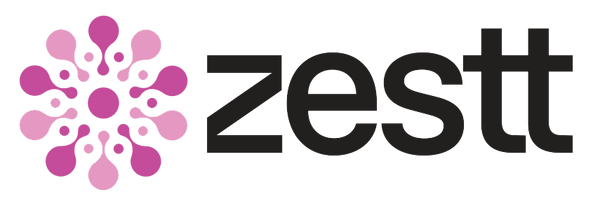Some say tomatoes, some say “tomaydoes” - But what about potatoes – have they been dealt a raw deal?
Potatoes have been villainised for some time and I have had come to their defence on many an occasion - partly because I love them. You see it’s not the potatoes themselves which are the culprits – it’s what we do with them.
We enjoyed this interview with Dr Pratik Pokharel from the Danish Cancer Society Research Centre, on the latest Australian research about the humble spud (link), where he advises avoiding frying and promotes boiling potatoes and keeping their skins on - and resisting adding wads of butter!
Potatoes themselves are a type of edible plant tuber which are swollen portions of underground stems or rhizomes that store nutrients for the plant to use during dormancy and promote new growth in spring.
At a nutritional level, potatoes are high in many good-to-have nutrients:
One baked Russet potato (173g, including skin) contains: protein (5g); carbohydrates (37g); fibre (4g); sodium (24mg); vitamin C (37% RDI); VitB6 (31% RDI); potassium (27% RDI) and manganese (20% RDI). Potatoes are also a good source of antioxidants, which are anti-inflammatory (source).
Potatoes are high in carbohydrates (~20%) and this is part of the reason for their vilification – which is justifiable when these carbohydrates are presented in a highly processed form of fries or crisps. But let’s look at the potato and its carbohydrates a little more closely.
The predominant carbohydrate in potatoes is starch. Starch is a complex carbohydrate - consisting of numerous glucose units joined by glycosidic bonds. When we cook potatoes, the starch is broken up and takes up water – hence the fluffy texture of a baked potato.
Chemically what is happening is the hydrogen bonds in the starch deteriorate and break, exposing the amylose and amylopectin and allowing amylase (an enzyme) to hydrolyse glycosidic bonds to break up the complex starch into glucose units (see diagam below). The body then uses this glucose to fuel muscle and brain activity, or if our bodies don’t need it, create fat.
Complex starch getting broken down into glucose units

But wait there is more!
Potatoes also contain something called resistant starch which is a type of starch that passes through our stomach without being broken down. Levels of resistant starch in potatoes increase after cooked potatoes are cooled.
Bacteria in our intestines act on these resistant starches and produce useful compounds. One class of these useful compounds is short chain fatty acids (SFAs), the main one being butyrate (a 4-carbon compound).
Short chain fatty acids are beneficial compounds that protect and nourish the cells that line our gut. They also play a role in promoting a healthy immune system. When we lack compounds like butyrate, our guts can become more permeable (sometimes leaky) and inflamed.
Other good food sources of resistant starch include beans and lentils, green bananas, rice (better cooled) and oats.
So there it is, the humble potato. The spud is certainly more than meets the eye and treated in the right way, is a great part of a healthy diet.
In summary, here are our potato rules of thumb!
- Potatoes should be part of a healthy diet, particularly in the boiled form and with their skins left on – they are a good source of nutrients, particularly potassium and energy.
- Potatoes are best for our health when they are cooked, then cooled so that the starch is configured to contain more “resistant starch” - this promotes good gut health and a healthy immune system.
- Try to resist adding processed condiments (like bought mayonnaise) to potatoes. Instead eat in potatoes in their naked form (with skin-on) or add uncooked extra-virgin olive oil and fresh herbs - magic!
- Sadly, we just can’t endorse potato crisps or fries ☹
For more information, please contact us at admin@zesttwellness.com
Check out our great range of lozenges rich in plant-based bioactives and probiotics www.zesttwellness.com
We appreciate any recommendations in building our Zestt Community - Word of mouth around our blogs, podcasts, website and products all matter – so thank you!
Zestt Co-founders: Anna Campbell (027 4861418) and Darcy Schack (027 599 2255).

